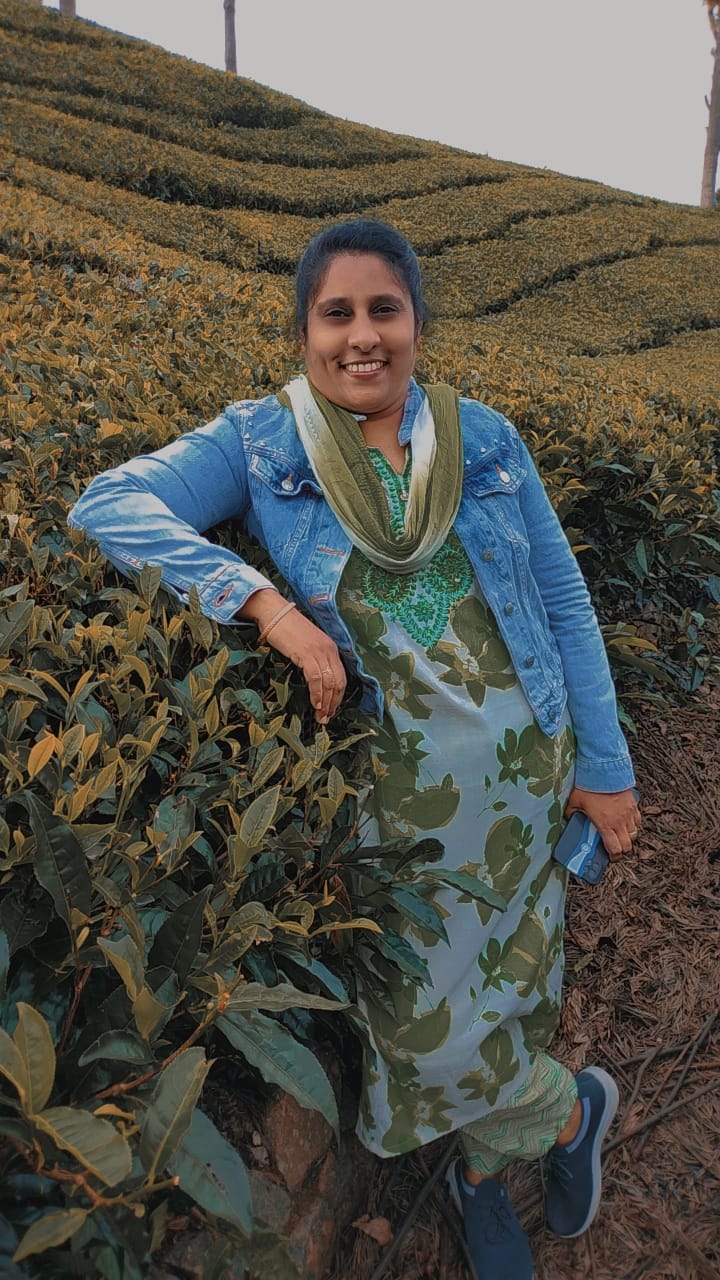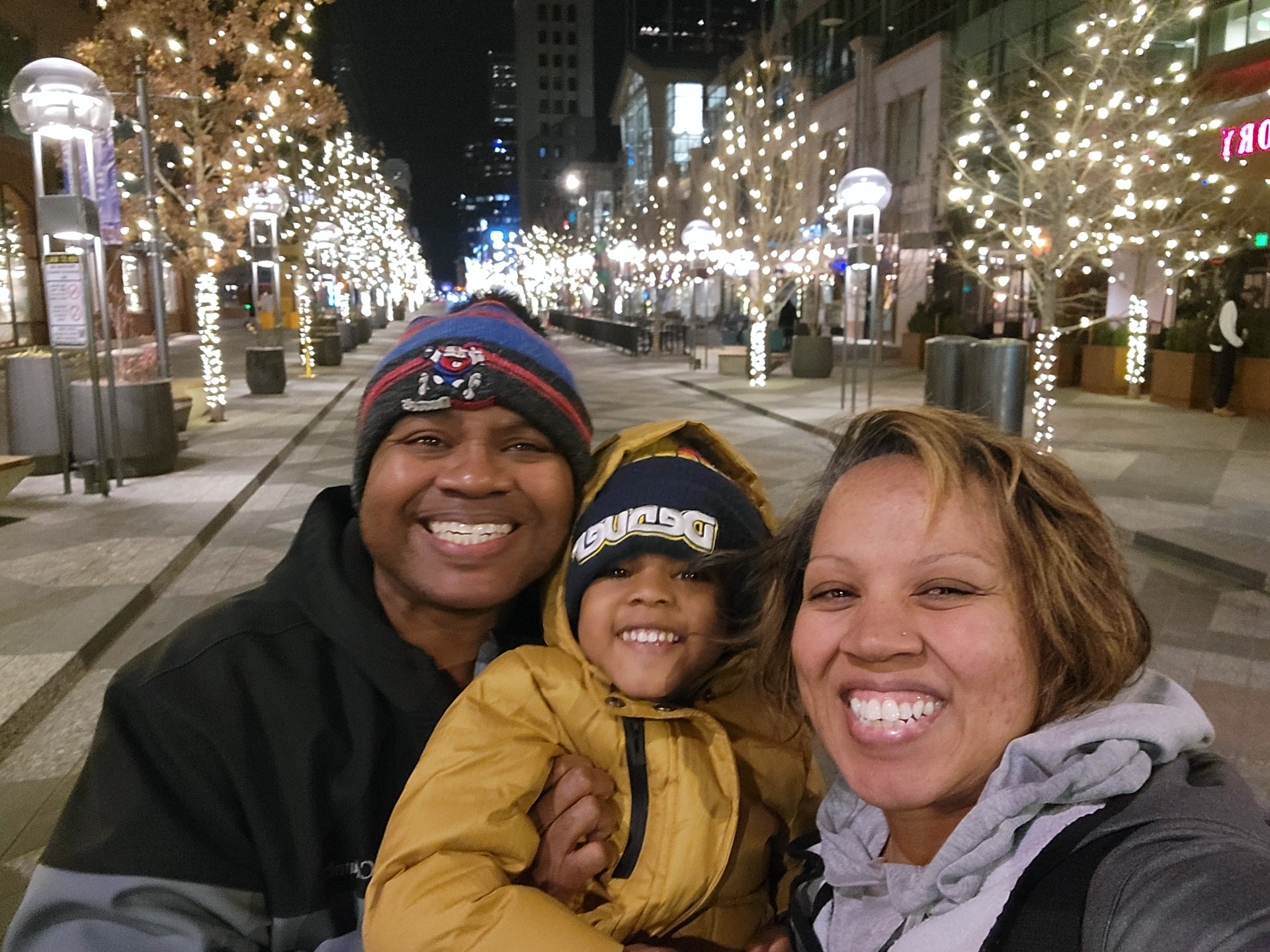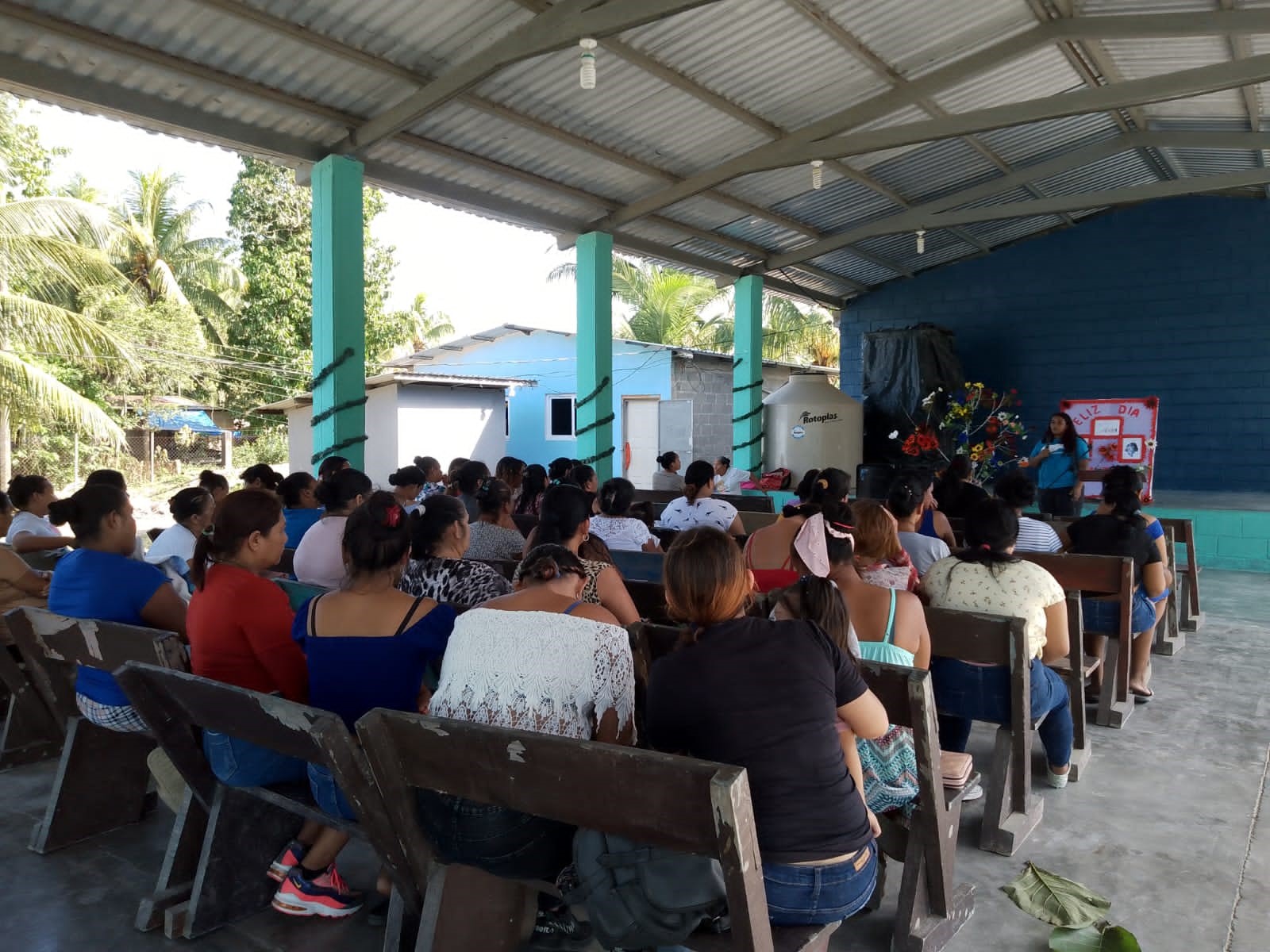I was 23 and fresh out of graduate school, and I moved to a state on the opposite side of the country. I didn’t know anyone and was about 2,000 miles from friends and family. I was even 50 miles from a Walmart! I was in a small, rural town and lived in the only apartment complex in the hamlet of 500ish. I had six other neighbors.
I moved with only what would fit in my small car, and I will never forget how proud I was of the armoire I bought to house my television. It was a put-it-together yourself thing in a huge box. I drove back to my apartment and attempted wrestling it out of my car. I realized I wasn’t going to be able to get it up the stairs to my apartment. Instead of knocking on a neighbor’s door and asking for help, I opened the box, and took the pieces of the cabinet up the stairs one-by-one.
There was a pride in not asking for help. I conquered the world on my own. But it is lonely there in the independent, conquer-the-world-on-my-own way of living. I am a big believer in being a strong and independent woman, but through time and life circumstances, I have learned the value in needing our friends and family. It can be hard to knock on the door of a stranger and ask for help. It can feel impossible to pick up the phone and call your friend and ask her to watch your kids when you can’t find a sitter. But asking for help is an important part of life and relationships. Below are a few lessons I have learned along the way.
1.Just do it.
It is hard to take the first step and ask for help. It helps me to reverse the situation. If my friend was calling and asking for help with a big or little life situation, how would I feel? I feel honored when a friend trusts me enough to seek my advice or assistance. That is what friendship and family is all about. When I remember this, it gives me the extra courage to dial her number.
2.Offer an exchange.
It can feel like a lot to ask a friend to watch your kids. It makes it easier to ask for help when you can offer an exchange, “Can you watch my kids while I go to the dentist? I would love to return the favor and watch your children in the next few weeks.”
3.Healthy expectations.
Healthy boundaries lie in healthy expectations. If someone says no to your request for help, it is important to not take it personally or hold it against them or keep you from asking in the future.
4. Be aware of others.
Asking for help is hard. We all want to feel like we can do it and then some. When someone sees you and offers to help without having to ask for it, it is the best feeling. To be seen and noticed matters. Be that to your friends and family. Be aware of the people around you and jump in to help when you can.
It is easy to feel isolated. It is easy to say others should offer their help, but when we reach out to help or to ask for help, we start a revolution.





